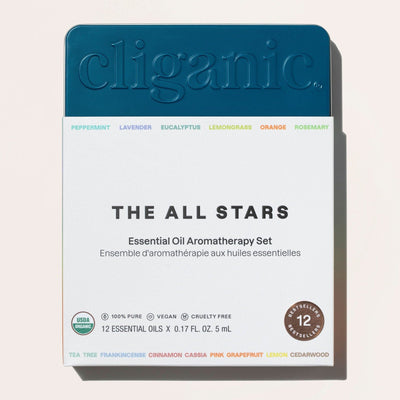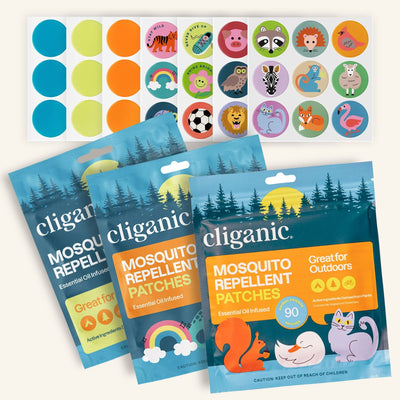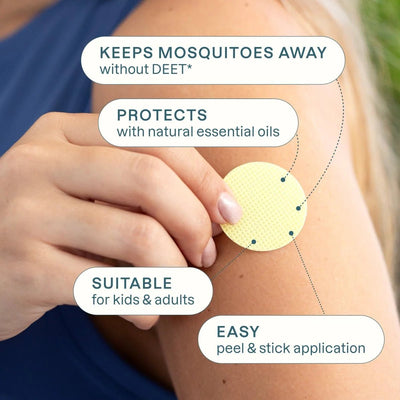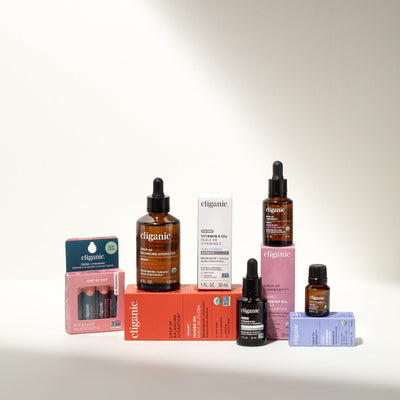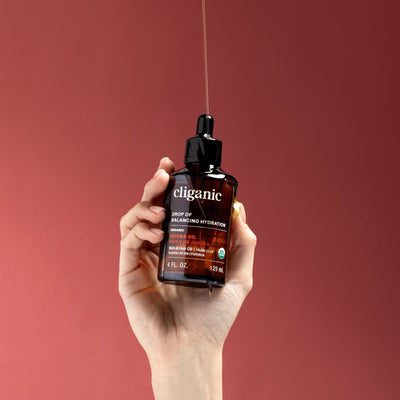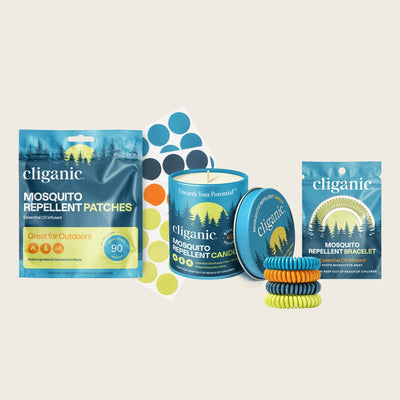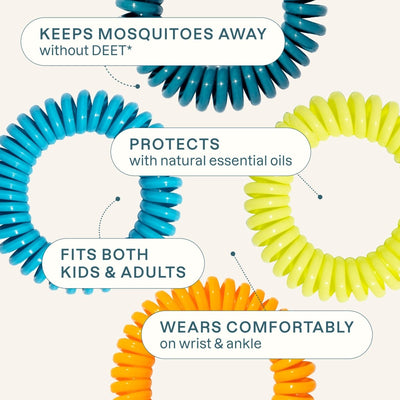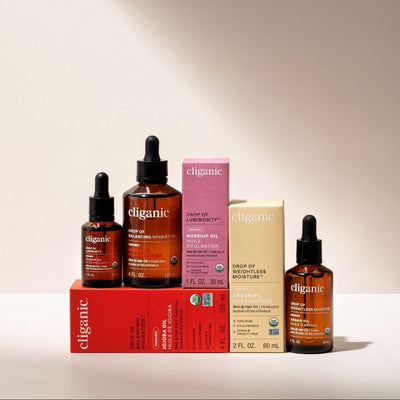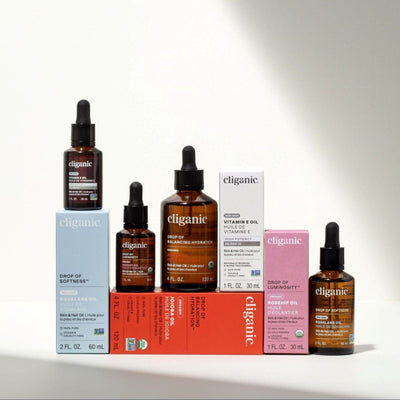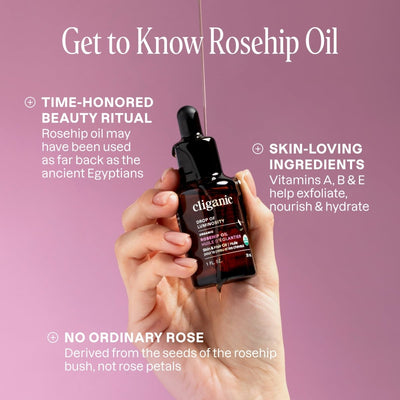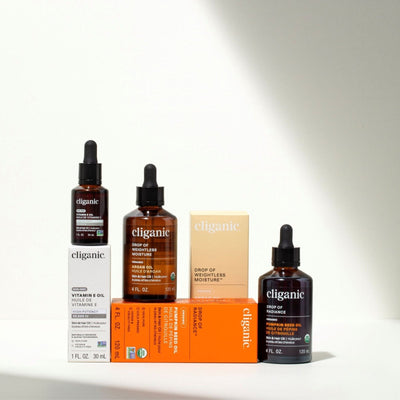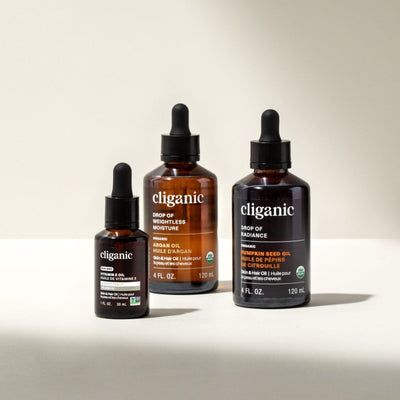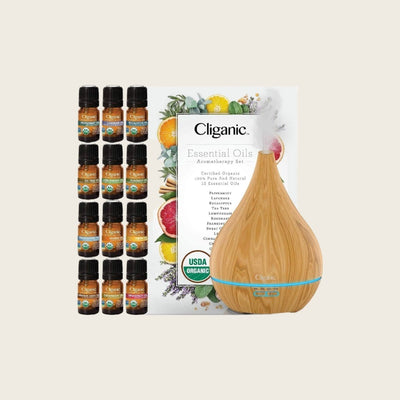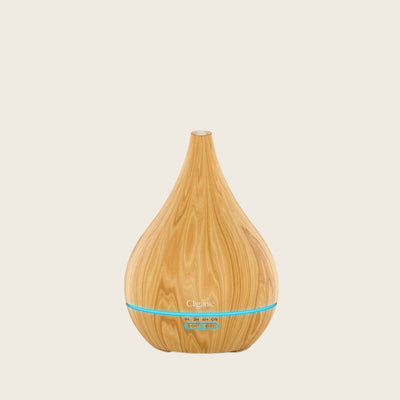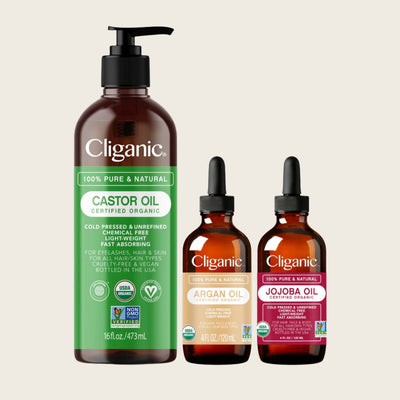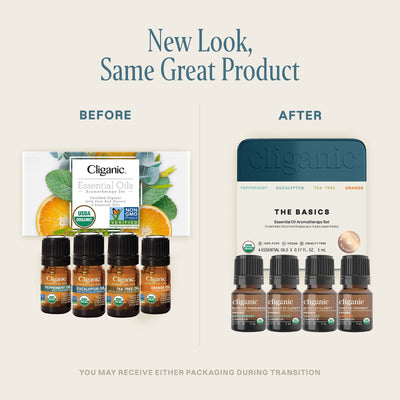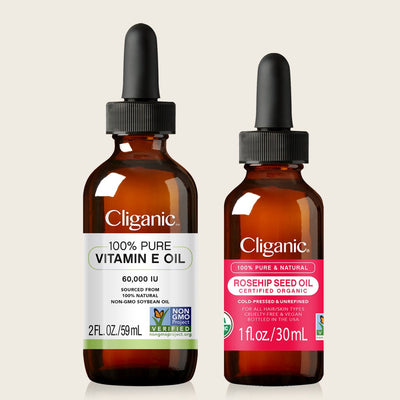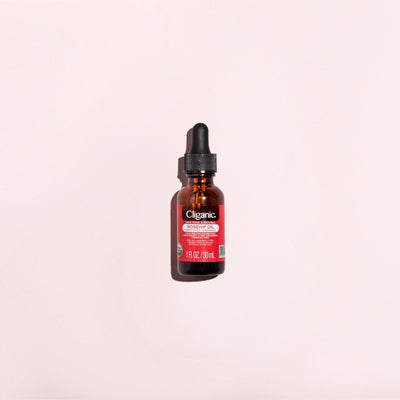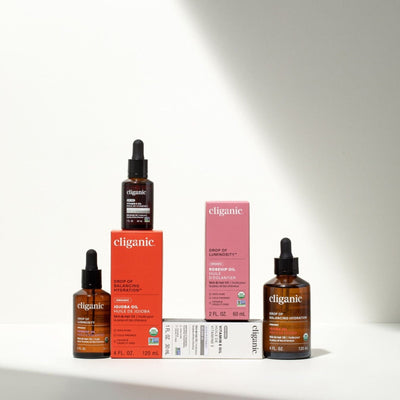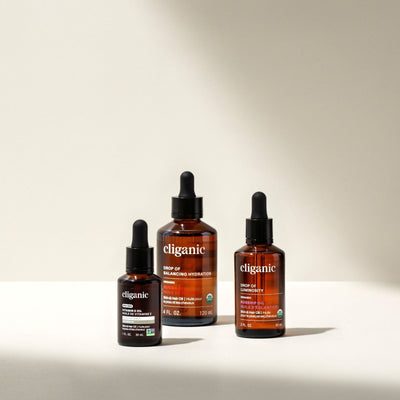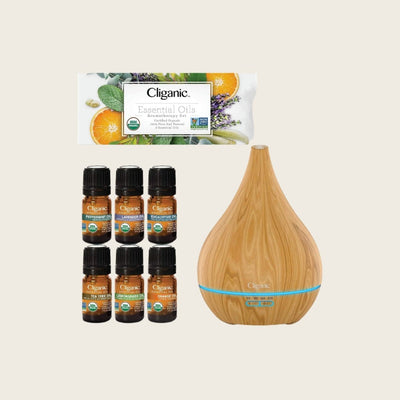05 Dec 2023
What Are Carrier Oils?
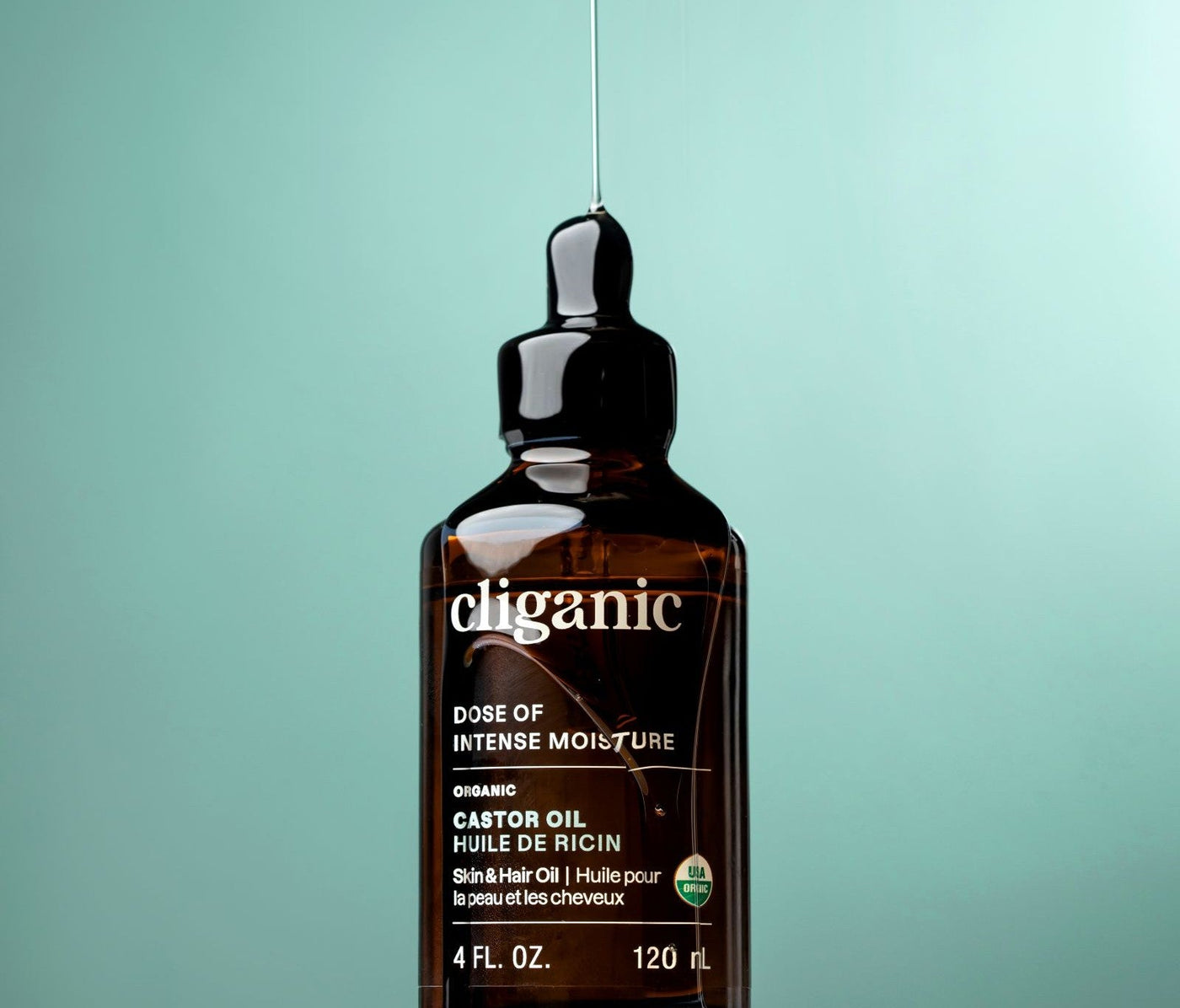
Carrier oils provide a wide range of benefits, from nourishing the skin to adding shine to hair. Knowing which carrier oil is best for your needs can be tricky, as each one has its own unique properties and purposes. In this article, we’ll explore the world of carrier oils, discussing their various benefits, common types, and how to choose the right oil for your needs.
Carrier Oils 101
Carrier oils are natural oils derived from the fatty portions of plants such as nuts, seeds, or kernels. They are used to help carry and dilute essential oils so they can be used safely on the skin. Carrier oils can be used directly on the skin and hair. The viscosity of carrier oils varies depending on the type of oil used; some are lighter in texture while others have a thicker consistency.
Benefits of Using Carrier Oils
Carrier oils offer many benefits to the hair and skin. Here are some of the top perks:
- Moisturizes and revitalizes the skin
- Adds shine and luster to hair
- Removes dirt, makeup, and grime from skin
- Promotes healthy hair growth
- Tames fly aways
- Conditions cuticles
- Soothes irritated or itchy skin
- Some contain omega fatty acids that act as a barrier from environmental stressors, protecting the skin against irritations and UV damage
- Some contain beneficial vitamins and antioxidants that promote skin and hair health
Safety is key when it comes to using different carrier oils topically; always perform a patch test before applying over larger areas of skin or hair to ensure you don’t have an allergy or adverse reaction.

Common Carrier Oils and Their Uses
Depending on your needs, you can choose from a wide selection of carrier oils to help take your skincare or hair care regimen to the next level. Here are some of the most common carrier oils:
Jojoba Oil
Jojoba oil is made by cold pressing the seeds of the jojoba shrub (Simmondsia chinensis), which is native to the Sonoran Desert in the Southwestern United States and Northwestern Mexico. It is a popular choice because it mimics the natural oil (sebum) found in the skin and doesn’t clog pores. It's light-weight, fast-absorbing, and contains beneficial minerals and vitamins, such as Vitamin E and B, chromium, copper, and zinc, which all help to nourish the skin and hair.
Avocado Oil
Avocado oil is another great option for those looking for additional moisture. It's made by cold-pressing avocado seeds and contains fatty acids and vitamins A, D, and E, which can reduce inflammation which can cause premature aging, redness, and breakouts. Plus, it contains antioxidants that protect the skin from environmental stressors like pollution or UV radiation.
Argan Oil
Argan oil is extracted from nuts that grow on argan trees found in Morocco. It’s ideal for those with dry hair or skin since it helps restore moisture without leaving behind an oily residue. This oil also contains vitamin E which can promote youthful-looking skin and healthy hair simultaneously.
In addition to these carrier oils, almond oil, marula oil, castor oil, rosehip oil, baobab oil, pumpkin seed oil, and coconut oil are also great options.
How to Choose the Right Carrier Oil for Your Needs
With the various types of oils available, it is important to understand how each oil works and what ingredients are best for your skin type or hair type. Here are a few tips to help you find the perfect carrier oil:
- Understand Your Skin Type: Before selecting a carrier oil, make sure you understand your skin type and any sensitivities you may have. Knowing your skin type will help you determine which oils are best for nourishing and protecting your skin.
- Look For Organic & Cold-Pressed Oils: When shopping for carrier oils, make sure you look out for organic and cold-pressed varieties, such as Cliganic carrier oils, as these contain fewer impurities and will be higher quality. It’s also important to check that the product has not been processed too much or refined as this can damage valuable nutrients found in the oils such as antioxidants and vitamins.
- Test Out Different Carrier Oils: Trying out different oils is key when finding the perfect one for your needs as everyone’s skin reacts differently to certain ingredients. This means that although one person may love using almond oil on their face another person could find it too heavy on their skin so it’s important to test out different types of oil before committing to one.
- Read Reviews: Reading customer reviews can provide valuable insight into how each product performs before making an investment. Reviews from other customers can help narrow down your search by providing honest feedback.

Closing Thoughts
If you’re looking for a way to naturally nourish and promote skin and hair health, then adding carrier oils to your routine is a fantastic option. Not only are they 100% natural and plant-based, but they also can be used daily — either on their own or in combination with carrier oils — to provide maximum benefit. Interested in learning more about carrier oils? Check out this article: Top Body Oils for Traveling.



